Sylvester offers career stage-specific enhancement programs that promote oncology research for all levels of learning — from undergraduate students to oncology faculty and community-based clinicians that care for cancer patients.
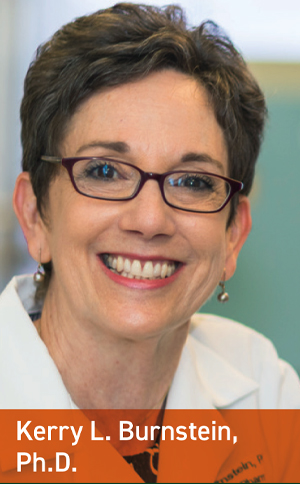
In recent years, Sylvester has been expanding its capacity to train cancer researchers with the Cancer Research Training and Education Coordination Core. The Core’s mission is to build and sustain a robust pipeline of exceptional, collaborative and interdisciplinary cancer researchers and health care professionals from diverse backgrounds.
“We facilitate collaborative and interdisciplinary cancer research through center-wide education and training, and, by doing so, we pave educational pathways to advanced concepts that researchers and trainees might otherwise never experience,” said Kerry L. Burnstein, Ph.D., chair of the Core’s Cancer Education Leadership Council and associate director for Education and Training at Sylvester. “Ultimately, patients benefit from the practice-changing, high-impact cancer research conducted at Sylvester”.
1. Undergraduate Students
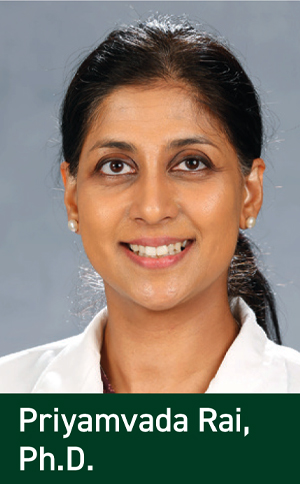
The newly funded NCI R25 grant “Comprehensive Research Experiences to Advance Training and Education (CREATE)” will expand Sylvester’s Summer Undergraduate Research Fellowship Program, a 10-week fellowship that inspires and educates undergraduates who are considering careers in biomedical and cancer research. Students get experience in individual lab projects, drug discovery, cancer disparities, computational approaches and outreach.
Program director and PI:
Priyamvada Rai, Ph.D.
2. Graduate Students
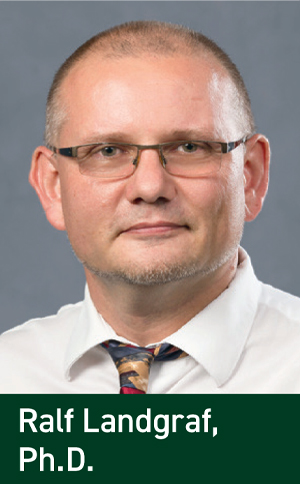
The Sheila and David Fuente Graduate Program in Cancer Biology (CAB) provides a multidisciplinary education in cancer biology. CAB exposes graduate students to novel concepts and state-of-the–art techniques of molecular biology, biochemistry, genetics, genomics, proteomics, structural biology, cell biology, pharmacology and molecular medicine, while integrating students into the extensive clinical and translational research programs at Sylvester.
Program director:
Ralf Landgraf, Ph.D.
3. Medical Students
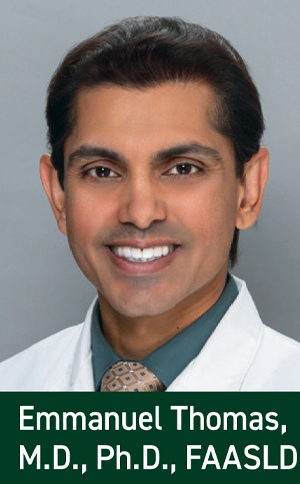
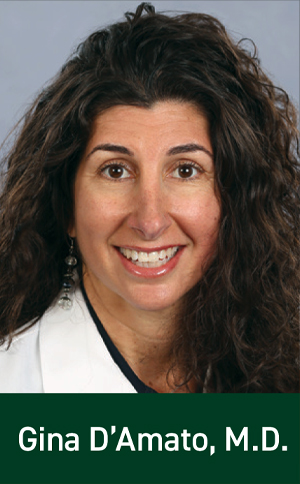
Sylvester sponsors the Oncology and Related Health Disparities Pathway, which offers medical students an appreciation for the many ways cancer manifests at the organism, tissue, cell, and molecular levels, and offers an understanding of how tumors are managed from a broad perspective. Sylvester faculty mentors lead this pathway, which focuses on issues pertinent to the cancer center’s catchment area in South Florida.
Program directors:
Emmanuel Thomas, M.D., Ph.D., FAASLD, and Gina D’Amato, M.D.
4. Postdoctoral and Post-M.D. Students
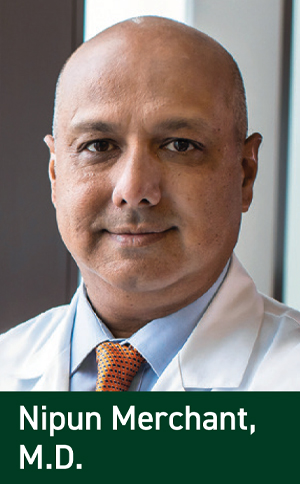
Several NCI and cancer-related T32 Training Grants support post-graduate level cancer researchers in areas including cancer epigenetics, translational immunology and cancer disparities. With five years of renewed NCI funding, Sylvester offers two- to three-year fellowships in surgical oncology to train M.D. investigators who are interested in independent cancer research careers. This T32 directed by Nipun Merchant, M.D. provides a broad range of opportunities in basic, translational, clinical and population-based cancer research.
5. Residents and Fellows
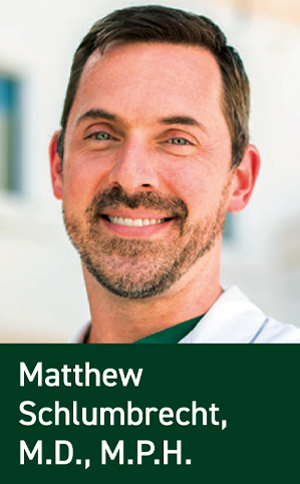
There are a variety of opportunities for residents and fellows to engage in cancer research. For example, the Gynecologic Oncology Fellowship is a four-year (two years of research and two years of clinical training) program dedicated to training obstetricians and gynecologists to become gynecologic oncologists. The program focuses on learning skills in clinical care, teaching and research for fellows who are committed to careers in academic medicine.
Program director:
Matthew Schlumbrecht, M.D., M.P.H.
6. Junior Faculty
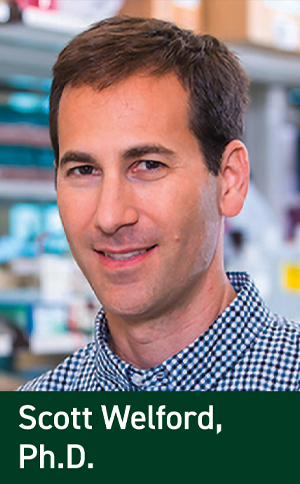
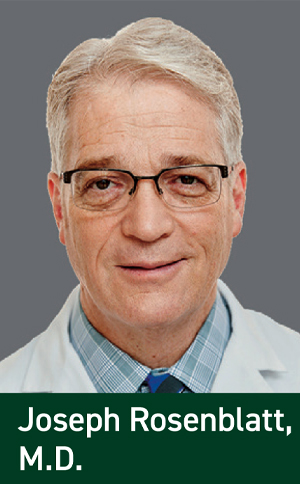
The Junior Faculty Development Program offers grant writing workshops (K- and R-type); Early Concept and full grant reviews; 1:1 mentoring; mentorship guidelines; peer mentoring; a quarterly “Lunch with the Leader;” professional development workshops; a lecture series; travel awards; and “Office Hours.”
Program directors:
Scott Welford, Ph.D., and Joseph Rosenblatt, M.D.
7. Community Physicians
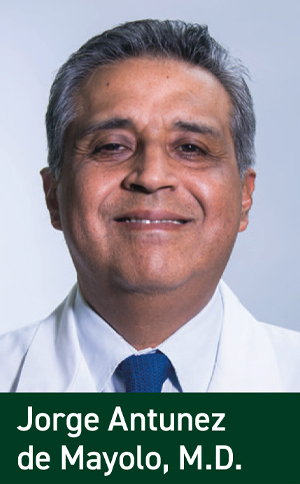
The Cancer Care for the Community Practitioner pathway is a lecture series offered at no cost and designed for practicing primary care, family medicine and internal medicine physicians, pediatricians, physician assistants, advanced registered nurse practitioners, nurses, and other allied health professionals. These ACCME-accredited continuing medical education opportunities are led via Zoom by experienced Sylvester faculty. In 2021, bimonthly lectures included “Breast Cancer Survivors in General Practice.”
Program director:
Jorge Antunez de Mayolo, M.D.